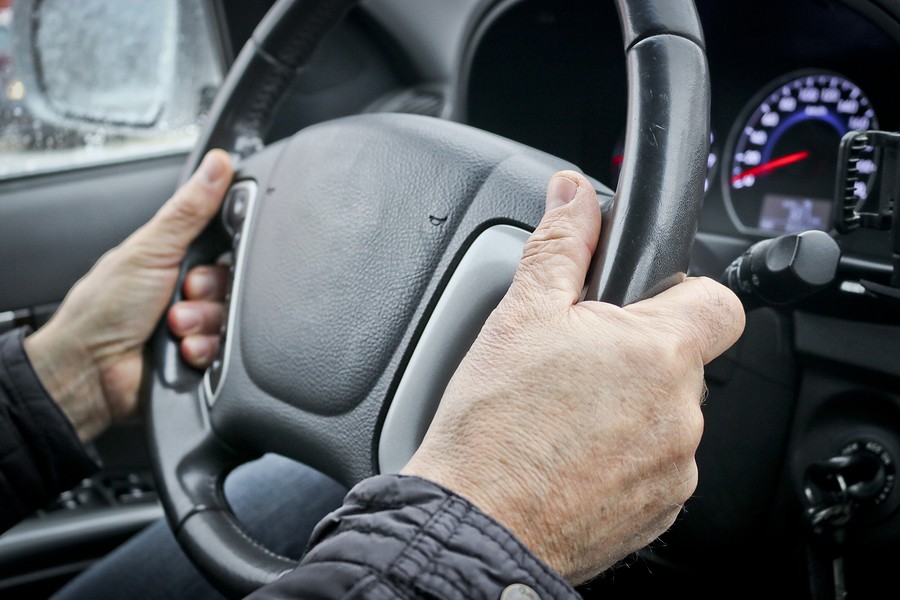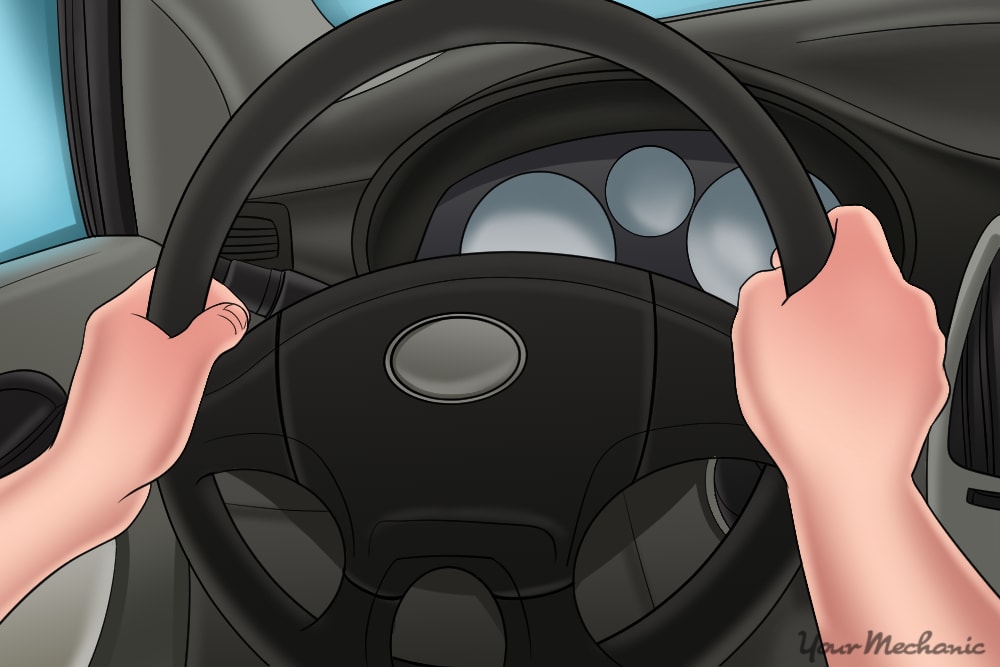
Due to inconsistencies during tire manufacture some parts of the tire are heavier than other parts. Whether it be a suspension component failing tires that are worn or improperly inflated or simple alignment issues tracking down the cause of your specific problem is a bit of a process.

In some cases the problem might be a damaged engine mount.
Why does my steering wheel shake at high speeds. Here are five of the most common reasons for a steering wheel shaking while driving at low or high speed. This is the most common cause of steering wheel shakiness and the first cause that you should consider checking out. A misaligned vehicle is a reason for the tires to wear unevenly which eventually leads to steering wheel shakes at high speeds.
Steering Wheel Shakes When Braking Below are some causes of steering wheel shakes due to your brake system. When this happens the shaking of the steering wheel becomes worse when you drive at high speeds. The faster you drive the poorer the condition of steering wheel gets.
A warped or damaged disc brake rotor or out-of-round brake drum can cause a steering wheel to shake. A warped disc means the thickness run-out across the face of the rotor differs. The two most frequent causes of a shaky steering wheel are either warped brake rotors which will cause your steering wheel to shake when you brake or unbalanced tires which will cause your steering wheel to shake when driving at high speeds.
Steering wheel shake when driving at high- speeds A vibration felt in your steering wheel at high-speeds think highway speeds can almost always be a wheel balance issue. The best way to determine if the steering wheel shaking is caused by your front tires and wheels being out of balance is to have a professional tire technician complete a balance check. Many motorists have experienced this problem.
The steering wheel starts shaking when brakes are applied at high speed. Often its more noticeable when braking on the highway at 60-70 mph. If a wheel is out of balance it will cause a vibration at high speeds that can be felt in the steering wheel.
When tires are fitted to wheels correction weights are. If a cars steering wheel shakes when driving at high speeds the cause is most likely a bent wheel. While that is the most common issue such a problem can also be caused by suspension problems according to OReilly Auto Parts.
Due to inconsistencies during tire manufacture some parts of the tire are heavier than other parts. While the tires are spinning these imbalances can lead to steering wheel shaking usually when the car is driven at specific speeds. Have your tires and wheels balanced.
Issues involving steering wheel vibrations problems usually are most noticeable at one or two narrow speed ranges 5-10mph and 60-70mph and will decrease significantly and in some cases even disappear outside of these ranges. The amount of vibration caused by worn tires will often be seen over a broader speed range if the tire is worn more. Steering wheel shimmy or vibration that occurs only at certain speeds is often related to dynamic imbalance in the tires wheels or axles.
Sometimes the power steering will cause a shudder in the steering wheel when it is under a load. Turn the steering wheel while the car is stationary looking for the shuddering you have experienced. If your problem is in the power steering it will occur while you are stopped as well as while you are in motion.
If the tires are out of balance then the steering wheel can shake. This shaking starts at around 50-55 miles per hour mph. It gets worse around 60 mph but starts to get better at high speeds.
Sometimes brake rotors can be the cause of shaking. All these problems will send vibrations to the steering wheel at both low and high speeds. In some cases the problem might be a damaged engine mount.
If so then you will know as the entire car will be shaking and not only the steering wheel. Whatever the case it calls for a speedy resolution and you should call your mechanic immediately. Steering wheel vibrations or shakes not only can cause unsettling feelings at high speed but can also be the result of a number of problems.
Whether it be a suspension component failing tires that are worn or improperly inflated or simple alignment issues tracking down the cause of your specific problem is a bit of a process.